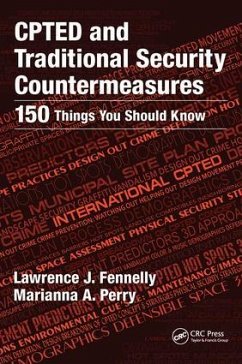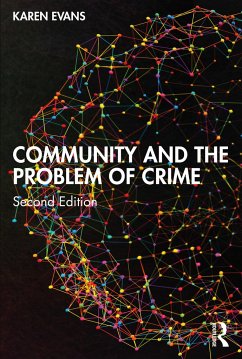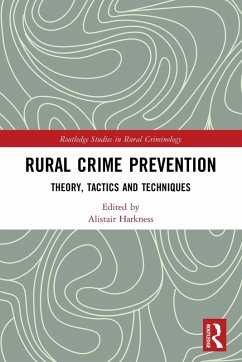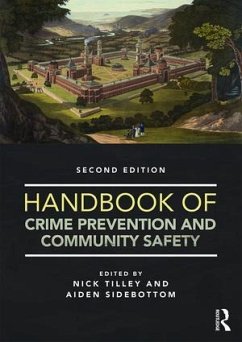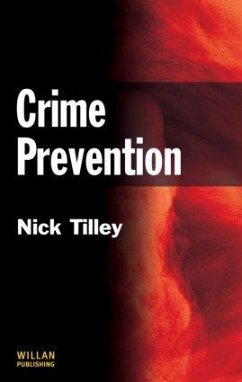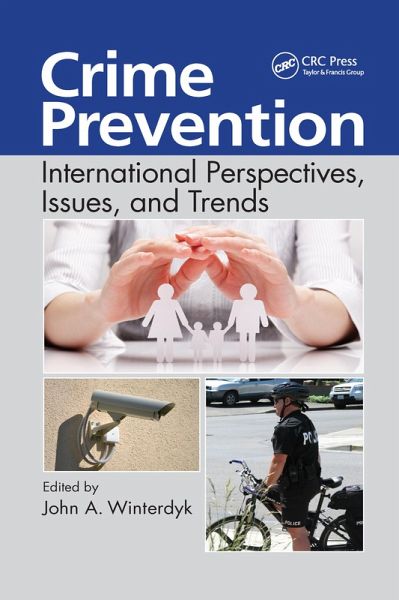
Crime Prevention
International Perspectives, Issues, and Trends
Herausgegeben: Winterdyk, John A.
Versandkostenfrei!
Versandfertig in 6-10 Tagen
46,99 €
inkl. MwSt.
Weitere Ausgaben:

PAYBACK Punkte
23 °P sammeln!
This text presents an international approach to the study of crime prevention. It offers an expansive overview of crime prevention initiatives and how they are applied across a wide range of themes and infractions, from conventional to non-conventional forms of crime. Based on a review of the literature, this is the first text to offer a broad, yet comprehensive, examination of how and why crime prevention has gained considerable traction as an alternative to conventional criminal justice practices of crime control in developed countries, and to provide a cross-sectional view of how crime prev...
This text presents an international approach to the study of crime prevention. It offers an expansive overview of crime prevention initiatives and how they are applied across a wide range of themes and infractions, from conventional to non-conventional forms of crime. Based on a review of the literature, this is the first text to offer a broad, yet comprehensive, examination of how and why crime prevention has gained considerable traction as an alternative to conventional criminal justice practices of crime control in developed countries, and to provide a cross-sectional view of how crime prevention has been applied and how effective such initiatives have been. Crime Prevention: International Perspectives, Issues, and Trends is suitable for undergraduate students in criminology and criminal justice programs, as well as for graduates and undergraduates in special topics courses.




